 /wp-content/uploads/2021/10/fall_solar_sale-495x330-1.png
330
495
Chris Allis
/wp-content/uploads/2021/06/ecomark-solar-logo-with-panel.png
Chris Allis2021-10-27 13:26:042021-11-22 13:33:46Eight Reasons Fall is the Best Time to Order Solar
/wp-content/uploads/2021/10/fall_solar_sale-495x330-1.png
330
495
Chris Allis
/wp-content/uploads/2021/06/ecomark-solar-logo-with-panel.png
Chris Allis2021-10-27 13:26:042021-11-22 13:33:46Eight Reasons Fall is the Best Time to Order SolarSolar panels require little or no maintenance, and shouldn’t need any major repairs throughout their operational lifespan.
One of the best things about having a solar array on your home is that solar panels require very little repair work. Solar panel technology is a great way to power your home cleanly, efficiently and inexpensively. If you live in a state that gets plenty of sunshine, like Colorado, an appropriately sized solar panel system can easily meet all of your power needs. With a professionally installed battery storage system, you can even store excess power to use at night and on very cloudy days, so your home will almost never need to pull power from the public utility grid.
Solar Power System Parts
A solar power system is actually a fairly simple collection of parts, and provides an important source of electricity because it causes no CO2 emissions or other dangerous solutions. Solar panels simply harness the sun that’s already beating down onto your roof every day, providing a cheap and “green” source of power throughout the year. A solar power system consists of the following components:
Solar Panels
Solar panels absorb photons from the sunlight that falls on your roof. Most solar panels are made from wafers of silicon, the same material that’s used in computer chips and other electronic devices. By coating or adulterating the silicon with different additives, manufacturers can create a single solar cell out of two separate types of silicon—one with a positive charge and the other with a negative charge. Multiple solar cells are then mounted on a single panel to create one solar power panel.
When photons from the sun strike the silicon cells, their energy knocks electrons loose from the silicon atoms. Since each cell is split between positive and negative halves, a flow of electrons occurs from the negative portion to the positive portion, and that electron flow creates usable electricity, which is siphoned off to power your home.
Power Converters
The electricity that’s siphoned from your solar panels is direct current (DC) electricity, while the wires in your home itself require alternating current (AC) electricity. AC-to-DC converters are an important component in solar power systems, and are used to convert the DC power to AC power before it’s routed into your home’s wiring. Some solar power systems mount a small converter on each individual panel, while others use a single, larger converter to handle the entire system’s conversion at once.
Wiring and Fuses
Like a river ecosystem, your solar power system uses a vast network of wires, starting with very small wires on each solar cell, then adding larger heavy-duty wires as the electrical flow is consolidated. The largest wires of all are used to bring the entire system’s power into your home. Those wires are protected by fuses that prevent electrical surges and keep your home’s wiring safe.
Meters and Switches
Every solar power system terminates in an electrical meter that measures how much power is being produced. That meter can be used for a variety of tasks, whether regulating how much power goes into a battery storage system, recording how much power you’re selling back to the public utility grid, or simply keeping track of how much power your system is generating each day.
The entire system is also equipped with shut-off switches that can be used to instantly deactivate the electrical flow from the panels in case of an emergency or accident.
Mounts
Mounts are used to secure the solar panels to your roof, and can range from simple metal strips that the panels screw into to more complicated motorized mounts that gradually swivel to track the sun’s location throughout the day.
Panel Care and Maintenance
If you have solar panels in your home, you may wonder how you maintain them and protect them from various weather and other external conditions. Fortunately, the answer is simple.
In most cases, the only thing homeowners need to do to maintain their panels is rinse them with a garden hose 3 or 4 times per year to prevent the buildup of dust that can decrease power efficiency over time.
Solar panel repair can be slightly more complicated if you have motorized mounts that track the sun, but the overall solar array is a simple device and doesn’t have any other motorized parts. Accordingly, you usually won’t require any additional maintenance or repairs during the system’s lifespan.
Also see: How Much Maintenance Do Solar Panels Require
Solar Panel Warranty
EcoMark offers a 25-year manufacturer’s warranty with all solar panels, and also assists with any manufacturer warranty claims or needed repairs. If your Colorado home has been hit with a recent hailstorm, EcoMark will inspect and repair your panels.
With a robust warranty and easy support from EcoMark, solar panels make a great investment for your Colorado home that can cut your electric bills significantly and even earn you money if you sell excess power back to the grid.
Are you in need of solar panel repair services? Contact us today and let us make sure your panels are working perfectly!
 /wp-content/uploads/2021/10/fall_solar_sale-495x330-1.png
330
495
Chris Allis
/wp-content/uploads/2021/06/ecomark-solar-logo-with-panel.png
Chris Allis2021-10-27 13:26:042021-11-22 13:33:46Eight Reasons Fall is the Best Time to Order Solar
/wp-content/uploads/2021/10/fall_solar_sale-495x330-1.png
330
495
Chris Allis
/wp-content/uploads/2021/06/ecomark-solar-logo-with-panel.png
Chris Allis2021-10-27 13:26:042021-11-22 13:33:46Eight Reasons Fall is the Best Time to Order Solar
How to Get 10x Value from Your Solar Panel System with Storage
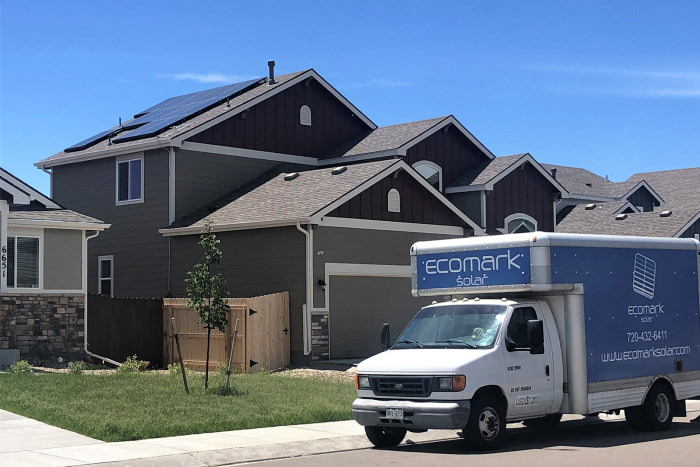
Make Power Outages a Thing of the Past For The Future of Your Home
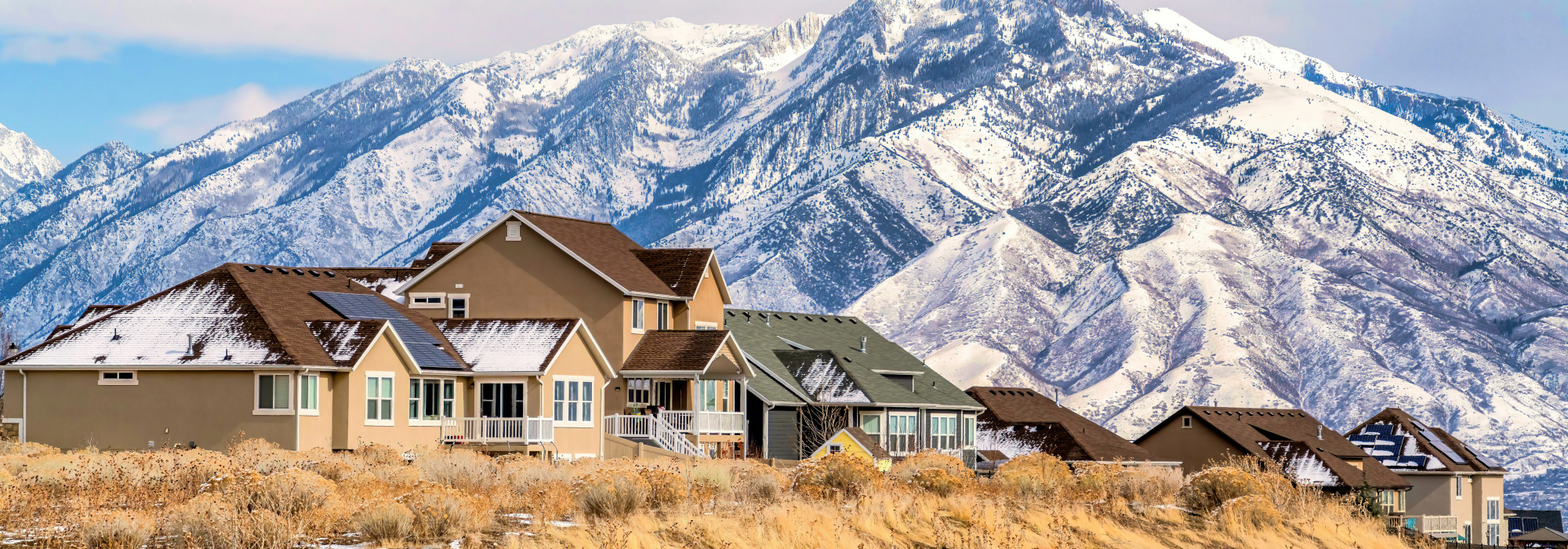 /wp-content/uploads/2021/06/colorado-solar-panels-in-the-rockies.jpg
700
2000
Max Cowles
/wp-content/uploads/2021/06/ecomark-solar-logo-with-panel.png
Max Cowles2021-07-16 17:15:352021-07-20 12:33:024 Things They Don’t Want You to Know About Solar Energy
/wp-content/uploads/2021/06/colorado-solar-panels-in-the-rockies.jpg
700
2000
Max Cowles
/wp-content/uploads/2021/06/ecomark-solar-logo-with-panel.png
Max Cowles2021-07-16 17:15:352021-07-20 12:33:024 Things They Don’t Want You to Know About Solar Energy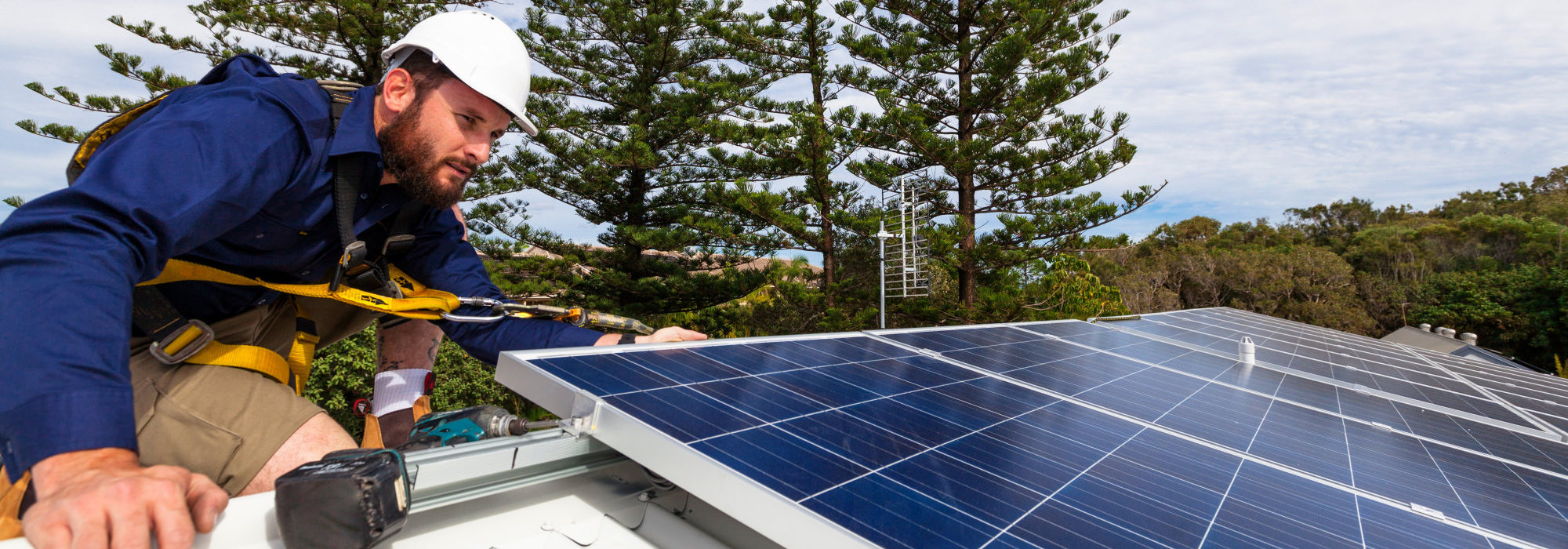 /wp-content/uploads/2021/07/colorado-solar-panel-installation-2000-700.jpg
700
2000
Max Cowles
/wp-content/uploads/2021/06/ecomark-solar-logo-with-panel.png
Max Cowles2021-07-16 16:57:582021-07-21 01:56:43Winter Solar Panel Maintenance Tips
/wp-content/uploads/2021/07/colorado-solar-panel-installation-2000-700.jpg
700
2000
Max Cowles
/wp-content/uploads/2021/06/ecomark-solar-logo-with-panel.png
Max Cowles2021-07-16 16:57:582021-07-21 01:56:43Winter Solar Panel Maintenance Tips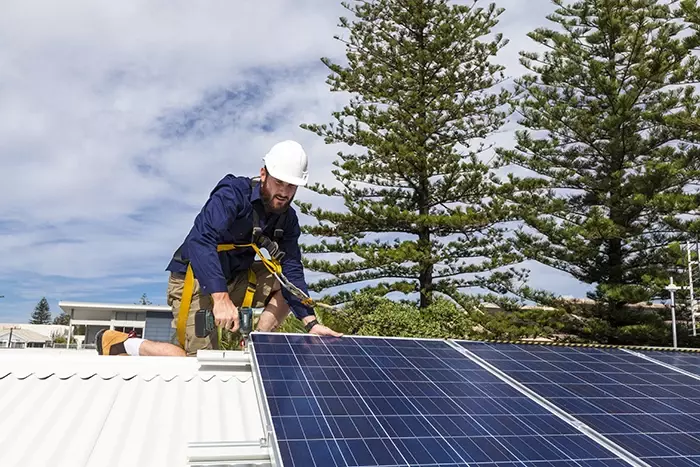 /wp-content/uploads/2021/08/how-solar-panel-installation-works-700x467-1.webp
467
700
Max Cowles
/wp-content/uploads/2021/06/ecomark-solar-logo-with-panel.png
Max Cowles2021-07-16 16:56:042021-08-16 18:48:15What is Net Metering, and How Does it Work?
/wp-content/uploads/2021/08/how-solar-panel-installation-works-700x467-1.webp
467
700
Max Cowles
/wp-content/uploads/2021/06/ecomark-solar-logo-with-panel.png
Max Cowles2021-07-16 16:56:042021-08-16 18:48:15What is Net Metering, and How Does it Work? /wp-content/uploads/2021/07/how-much-does-solar-cost-700467-1.jpg
467
700
Max Cowles
/wp-content/uploads/2021/06/ecomark-solar-logo-with-panel.png
Max Cowles2021-07-16 15:58:452021-07-21 02:30:34What happens when your solar system gets hit by hail?
/wp-content/uploads/2021/07/how-much-does-solar-cost-700467-1.jpg
467
700
Max Cowles
/wp-content/uploads/2021/06/ecomark-solar-logo-with-panel.png
Max Cowles2021-07-16 15:58:452021-07-21 02:30:34What happens when your solar system gets hit by hail?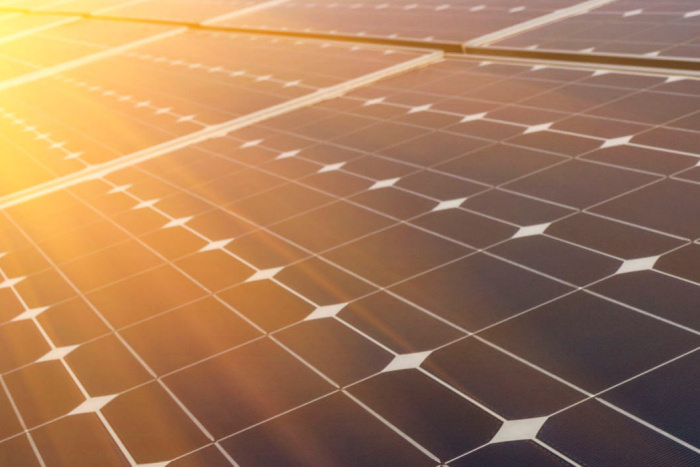 /wp-content/uploads/2021/07/best-solar-panel-installation-products-700467.jpg
467
700
Max Cowles
/wp-content/uploads/2021/06/ecomark-solar-logo-with-panel.png
Max Cowles2021-07-16 15:53:482021-07-21 02:09:17What Are the Financial Incentives for Going Solar?
/wp-content/uploads/2021/07/best-solar-panel-installation-products-700467.jpg
467
700
Max Cowles
/wp-content/uploads/2021/06/ecomark-solar-logo-with-panel.png
Max Cowles2021-07-16 15:53:482021-07-21 02:09:17What Are the Financial Incentives for Going Solar?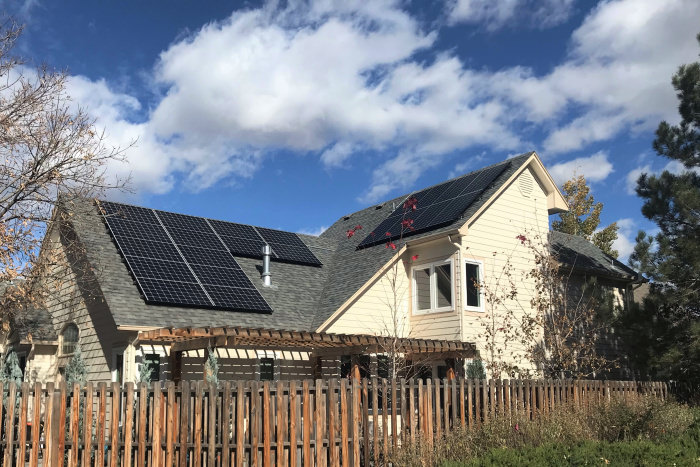 /wp-content/uploads/2021/07/over-3500-installations-in-colorado-700-1.jpg
467
700
Max Cowles
/wp-content/uploads/2021/06/ecomark-solar-logo-with-panel.png
Max Cowles2021-07-16 15:51:492021-07-19 19:42:28What are Micro-Inverters and Optimizers?
/wp-content/uploads/2021/07/over-3500-installations-in-colorado-700-1.jpg
467
700
Max Cowles
/wp-content/uploads/2021/06/ecomark-solar-logo-with-panel.png
Max Cowles2021-07-16 15:51:492021-07-19 19:42:28What are Micro-Inverters and Optimizers?Categories
EcoMark Solar
Corporate Office
4665 Paris Street #300-C
Denver, CO 80239


